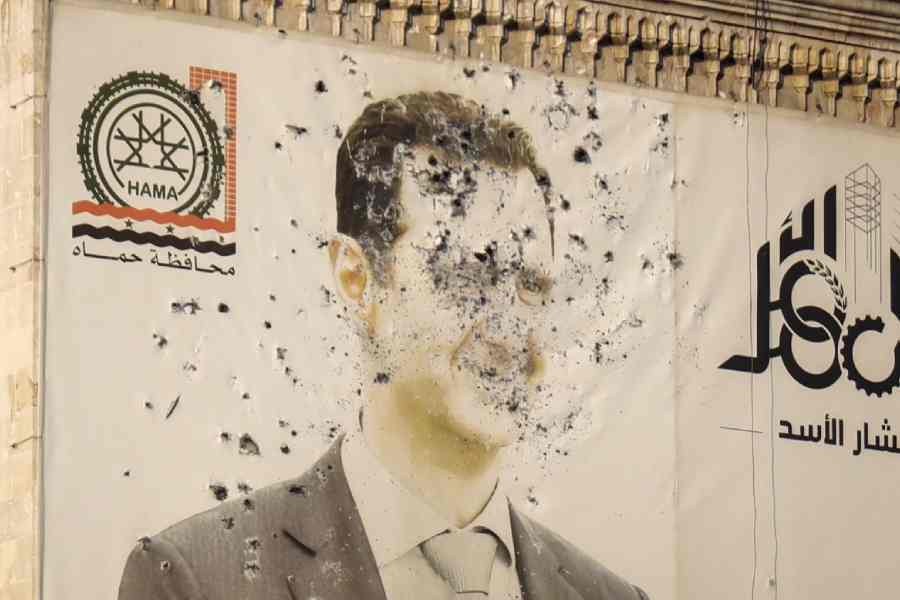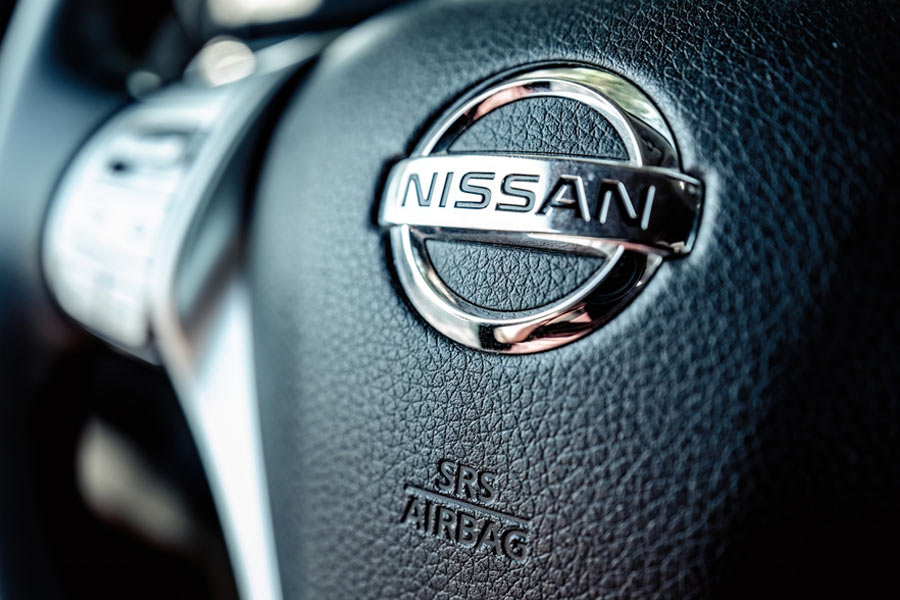More than three months after the fall of the regime of the Syrian autocrat, Bashar al-Assad, the armed militants-turned-rulers of Syria are grappling with the harsh realities of governing a complex, multi-ethnic country that major regional and global powers want to influence. Security forces and other armed militias opposed to Mr Assad clashed with alleged supporters of the ousted leader earlier this month in deadly battles that revived memories of the brutal civil war that had engulfed the country for more than a decade. More than 1,000 people were killed in the clashes that spanned four days, according to the Syrian Observatory for Human Rights. Syrian authorities have since said that the operation is over, but have acknowledged that fighters loyal to Mr Assad remain influential in small pockets of the country’s Mediterranean coastline, the region from where the former leader’s family hailed. The country’s interim president, Ahmed al-Sharaa, who deposed Mr Assad, has acknowledged the security challenges and suggested that his government plans outreach initiatives for regions where the Assad family once commanded support.
The deadly clashes also underscore the deeper challenge that Syria’s new rulers face. While Mr al-Sharaa and the movement he has long led have been hardline Islamist fighters once aligned with al-Qaida, Syria is a country with a range of small but significant minorities who are now worried about their future. They include Christians, Shias, Alawites — Mr Assad belongs to this community — and the Druze. The recent violence impacted Alawites and Christians along the coast. Earlier, Syrian security forces had clashed with Druze gunmen near Damascus. While Mr al-Sharaa has promised the protection of religious minorities on more than one occasion, these deadly clashes will not help assuage fears that they will be subjugated under an extremist regime. The new Syrian administration’s challenges are complicated by the proliferation of arms and armed groups across the country, a legacy of the civil war. Some, like the Kurdish Syrian Democratic Forces, have now integrated themselves with State institutions. But with Israel using the chaos to occupy parts of southern Syria, and Turkey, Russia, Iran and the United States of America looking to safeguard their strategic interests in the country, Mr al-Sharaa has his work cut out. Syria’s rulers should know this: the best way to counter foreign pressure is to have a united country behind them. The new Syria must belong to all Syrians.










